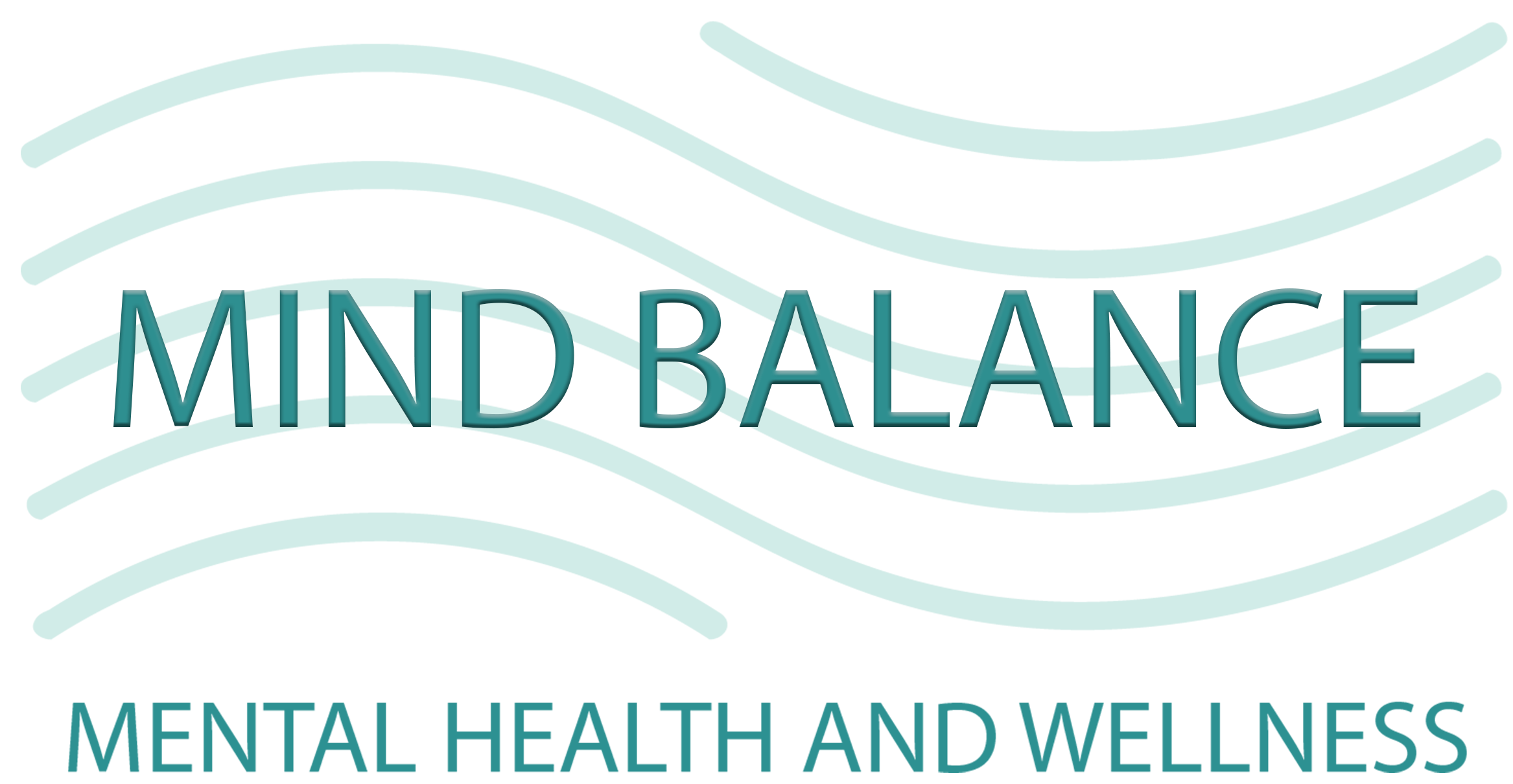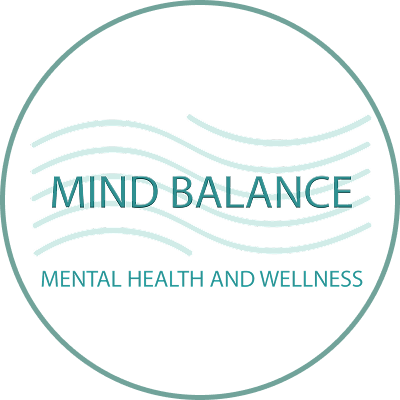Understanding OCD
Symptoms of OCD
Obsessive-Compulsive Disorder (OCD) is characterized by a pattern of unwanted thoughts and fears, known as obsessions, that lead to repetitive behaviors or mental acts, termed compulsions. These compulsions and obsessions significantly interfere with daily activities and can cause significant distress (Mayo Clinic).
Common themes of OCD may include an excessive fear of contamination, which can drive individuals to engage in compulsive hand washing, often to the point where their skin becomes sore or chapped.
Understanding the complex symptoms of OCD is crucial for identifying the disorder. Here’s a brief overview of some symptoms:
| Type of Symptom | Description |
|---|---|
| Obsessions | Persistent, unwanted thoughts that create anxiety (e.g., fear of germs) |
| Compulsions | Repetitive behaviors that someone feels driven to perform (e.g., excessive hand washing) |
| Recognition of Illogicality | Awareness that these thoughts and behaviors are irrational but still unable to stop them |
Impact of OCD on Daily Life
OCD impacts daily functioning by making routine activities challenging or impossible. For example, rituals such as excessive hand washing can lead to physical consequences, including skin irritation and conditions like eczema.
Moreover, OCD can sometimes result in self-harming behaviors stemming from ritualistic and compulsive actions, such as pulling hair, skin-picking, or avoiding food to control weight.
Individuals living with OCD may recognize their thoughts and behaviors as irrational yet still find themselves unable to halt their compulsions. Understanding these impacts emphasizes the importance of seeking professional help and establishing a treatment plan tailored to the individual’s experiences.
For further insights into the treatment options available for those affected by OCD, feel free to explore our resource on what to expect from OCD treatment at a mental health clinic.
Diagnosis and Treatment
Diagnosis of OCD
We understand that diagnosing OCD can be a complex process. Only trained therapists can accurately diagnose obsessive-compulsive disorder. They typically look for three key components as outlined by the International OCD Foundation:
- Presence of Obsessions: These are unwanted thoughts, images, or impulses that cause significant anxiety or distress.
- Presence of Compulsions: These are repetitive behaviors or mental acts that an individual feels driven to perform to reduce the distress associated with the obsessions.
- Impact on Daily Life: The obsessions and compulsions must significantly interfere with the person’s daily activities or relationships.
It’s important to note that OCD shares symptoms with other mental health disorders, which can make diagnosis challenging. For example, symptoms may overlap with anxiety disorders, depression, or other conditions. This is why consulting a professional who specializes in mental health is vital for obtaining an accurate diagnosis and developing an effective treatment plan.
Treatment Approaches
At Mind Balance Health and Wellness, we offer various treatment strategies tailored to manage OCD effectively. Treatment approaches generally include:
- Cognitive Behavioral Therapy (CBT): This is one of the most effective treatments for OCD, specifically a type known as Exposure and Response Prevention (ERP). This therapy helps individuals confront their fears and reduce the compulsive behaviors associated with them.
- Medication: Selective serotonin reuptake inhibitors (SSRIs) like fluoxetine and fluvoxamine are commonly prescribed to help manage symptoms. These medications can help balance chemicals in the brain that affect mood and anxiety.
- Mindfulness and Relaxation Techniques: Incorporating mindfulness practices can assist individuals in managing anxiety levels that arise from OCD symptoms.
| Treatment Approach | Description |
|---|---|
| Cognitive Behavioral Therapy (CBT) | Focuses on changing negative thought patterns and behaviors associated with OCD. |
| Medication | SSRIs are effective in reducing symptoms by targeting brain chemistry. |
| Mindfulness Techniques | Involves practices that promote relaxation and mental clarity. |
For more information on what to expect from OCD treatment, please visit our detailed guide on what to expect from OCD treatment at a mental health clinic.
We believe that utilizing a combination of these treatment methods is often the most effective way to manage the symptoms of OCD. Seeking help from professionals can provide individuals and their loved ones with the support and resources needed for better mental health.
Managing OCD Symptoms
Effectively managing the symptoms of Obsessive-Compulsive Disorder (OCD) involves a comprehensive approach that includes self-management techniques as well as professional therapies. At Mind Balance Health and Wellness, we prioritize the highest quality mental health care to support individuals navigating the complexities of OCD.
Self-Management Techniques
Individuals can adopt several self-management strategies to help control their OCD symptoms alongside professional treatment. These techniques empower us to take an active role in our mental well-being.
- Mindfulness and Relaxation Exercises: Practicing mindfulness through meditation, yoga, or deep breathing can help reduce anxiety and improve overall mental clarity. Setting aside time each day for relaxation can lessen the intensity of compulsive thoughts.
- Routine and Organization: Establishing a daily routine can provide a sense of stability. Using planners or scheduling tools can help maintain organization, reducing feelings of overwhelm.
- Journaling: Documenting thoughts and emotions can help identify triggers and patterns in OCD symptoms. This reflective practice can provide insights into coping mechanisms.
- Limiting Stress: Identifying stressors and making a conscious effort to reduce them can significantly impact OCD symptoms. Engaging in regular physical activity and ensuring adequate sleep are crucial components of stress management.
- Support Networks: Engaging with friends, family, or support groups offers a valuable outlet for sharing experiences and receiving encouragement. We recommend participating in support groups that focus on OCD to foster a sense of community.
For more on self-care approaches for mental health, please refer to our article on understanding the signs of high-functioning anxiety.
Professional Therapies
Professional therapies play a critical role in managing OCD symptoms effectively. Among the most common and effective treatment options are Cognitive Behavioral Therapy (CBT) and medication.
- Cognitive Behavioral Therapy (CBT): CBT, particularly Exposure and Response Prevention (ERP), is a well-regarded therapeutic approach for OCD. It typically involves 8 to 20 sessions for individuals with mild OCD, while those experiencing severe OCD may require an extended duration of treatment (NHS). CBT helps individuals confront their fears in a controlled manner, gradually decreasing the power these obsessions hold.
- Medications: Selective serotonin reuptake inhibitors (SSRIs) are the primary medications used to treat OCD. These medications can enhance serotonin levels in the brain, helping alleviate symptoms. It often takes up to 12 weeks to observe improvements, and most individuals necessitate a year or more of treatment. Abrupt discontinuation of SSRIs may lead to side effects, making it essential to consult a healthcare provider before making changes to medication.
- Specialist Services: For those with severe, long-term, or challenging-to-treat OCD, treatment from a specialized team or national OCD service may be necessary when initial treatments fall short. Accessing these specialized services can provide additional support and more tailored treatment options.
Understanding these self-management techniques and professional therapy options can empower us in the journey of managing OCD. Our dedicated team at Mind Balance Health and Wellness is here to provide guidance and support throughout this process. For insights on what to expect during OCD treatment, visit our article on what to expect from OCD treatment at a mental health clinic.
Providing Support for OCD
Importance of Seeking Help
We understand that recognizing the need for help is the first step in managing OCD. If you or a loved one believes they are experiencing obsessive-compulsive disorder, seeking professional assistance is crucial. Treatment and support are available to effectively manage symptoms and enhance the quality of life for individuals with OCD. According to the NHS, it’s important to pursue help if OCD significantly affects daily functioning.
Treatment may not lead to a complete cure, but it can substantially alleviate symptoms. The primary therapeutic options include psychotherapy, with cognitive-behavioral therapy (CBT) being particularly effective. A combination of therapeutic approaches often yields the best results in managing symptoms. Additionally, medications like antidepressants may be utilized to complement therapy.
Support Groups
Support groups can play an essential role in the journey to managing OCD. They provide a safe space for individuals to share their experiences, feelings, and coping strategies. This communal support often alleviates feelings of isolation that can accompany OCD. We encourage participation in support groups, as they can offer emotional support and practical advice.
Organizations such as OCD Action and OCD-UK provide information on local support groups that can facilitate connection with others experiencing similar challenges. In these groups, individuals can engage in discussions about coping mechanisms and share successes and setbacks, fostering a sense of unity and understanding.
While addressing OCD can be challenging, connecting with others who understand the experience is invaluable. We believe that through support and shared experiences, individuals can feel empowered to confront and manage the complexity of their symptoms. For more insights on managing OCD, check out our article on what to expect from OCD treatment at a mental health clinic.
Quality of Life for Individuals with OCD
Impact of OCD on Quality of Life
Quality of life is significantly affected in individuals with obsessive-compulsive disorder (OCD). Research has shown that people with OCD experience major impairments across all assessed domains when compared to community norms. Large effect sizes were found in areas such as social relationships, work performance, and leisure activities. Notably, one-third of individuals with OCD were unable to work due to their symptoms, highlighting the profound impact the disorder can have on functioning (PubMed Central).
A study indicated that the correlation between quality of life measures and the Yale-Brown Obsessive-Compulsive Scale (YBOCS) total score ranged from 0.40 to 0.77. Individuals with a YBOCS score of 20 or higher exhibited a significant decline in their quality of life compared to those with lower scores. The following table summarizes the relationship between YBOCS scores and quality of life:
| YBOCS Score Range | Quality of Life Impact |
|---|---|
| 0 – 19 | Higher quality of life |
| 20 or higher | Significant decline in quality of life |
Obsessions were found to be more tightly correlated with overall quality of life compared to compulsions, indicating that the intrusive thoughts associated with OCD have a more substantial effect on individuals’ well-being (PubMed Central).
Predictors of Impairment
Several factors contribute to the impairment of quality of life in individuals with OCD. Research has identified the following significant predictors:
- Severity of Obsessions: Higher levels of obsessive thoughts correlate with greater declines in quality of life.
- Depressive Symptoms: Co-occurring depressive symptoms can exacerbate feelings of impairment and distress.
- Marital Status: Individuals who are unmarried or experiencing relationship difficulties may report lower quality of life due to the added stress related to their conditions.
The table below illustrates the predictive factors affecting quality of life for those with OCD:
| Predictor | Impact on Quality of Life |
|---|---|
| Severity of Obsessions | Higher impairment |
| Depressive Symptoms | Increased distress |
| Marital Status | Lower quality of life |
Understanding these predictors can help in tailoring appropriate treatment and support for individuals dealing with OCD. Seeking mental health care can greatly improve the quality of life and functioning of those affected. For insights on what to expect from OCD treatment at a mental health clinic, we provide valuable information to help navigate the treatment process effectively.
Long-Term Management
Managing obsessive-compulsive disorder (OCD) is a crucial aspect of leading a fulfilling life. Understanding the chronic nature of this condition and exploring additional treatment options can help us create a comprehensive care plan for ourselves or our loved ones.
Chronic Nature of OCD
OCD is a chronic condition that often begins in youth or young adulthood, although it can manifest in childhood. Symptoms can vary in intensity over the years and may worsen during stressful periods. It is important to acknowledge that OCD might always be a part of an individual’s life, requiring ongoing management (Mayo Clinic).
The impact of untreated OCD can be significant, affecting various aspects of life, including academic performance and relationships. Many individuals may find themselves struggling with perfectionism, obsessive thoughts, and potential self-harm (The Soho Center). This underscores the importance of seeking proper treatment and support.
Additional Treatment Options
When standard treatments, such as psychotherapy and medications, fail to provide adequate relief from OCD symptoms, it may be helpful to explore other options. These alternatives can enhance our treatment plans and include:
| Treatment Option | Description |
|---|---|
| Deep Brain Stimulation (DBS) | A surgical treatment that involves implanting a device that sends electrical impulses to specific brain areas. This can help reduce OCD symptoms for individuals who do not respond well to traditional therapies. (Mayo Clinic) |
| Transcranial Magnetic Stimulation (TMS) | A non-invasive procedure that uses magnetic fields to stimulate nerve cells in the brain. TMS has shown promise for individuals with treatment-resistant OCD. (Mayo Clinic) |
Each treatment option should be thoroughly discussed with a healthcare provider to weigh the potential benefits, risks, and overall implications for health. Understanding these complex symptoms of OCD allows us to make informed decisions regarding our mental health care and that of our loved ones. To delve deeper into what to expect from treatment, consider visiting our article on what to expect from OCD treatment at a mental health clinic.





